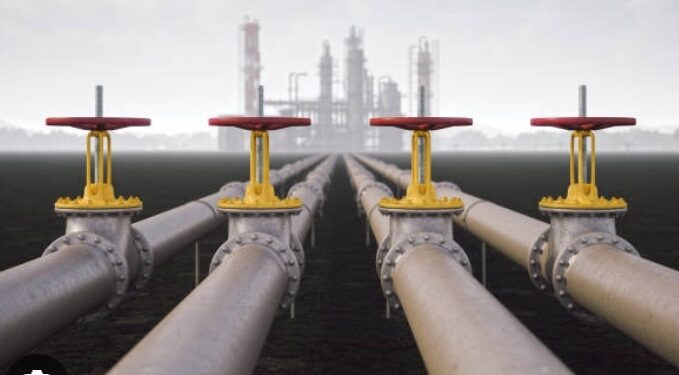The Niger Delta for Truth and Justices (NDTJ) accuses NNPCL’s management of ethnic bias in awarding pipelines surveillance contracts within the oil-bearing region.
The NDTJ claims Vice President Oritsemeyiwa Eyesan is orchestrating a controversial deal favoring Pipelines Infrastructures Nigeria Limited (PINL), raising concerns about potential repercussions.
NDTJ raised serious allegations against the Nigeria National Petroleum Company Limited (NNPCL), specifically targeting the management’s handling of pipelines surveillance contracts in the oil-rich region.
In a strongly-worded protest letter addressed to NNPCL’s management in Abuja, Chief Ejiroghene Mariere, the National President of NDTJ, alleges ethnic bias in the awarding of these contracts.
The focus is on Vice President Oritsemeyiwa Eyesan, particularly accusing her of orchestrating a deal that would expand the scope of jobs for Pipelines Infrastructures Nigeria Limited (PINL), a company reportedly linked to the Olu of Warri, Ogiame Atuwase III.
NDTJ emphasizes PINL’s historical failures, pointing to the withdrawal of contracts due to poor performance.
They highlight instances where PINL failed to protect crucial oil facilities, resulting in the re-award of contracts to other companies, such as Industrial-Wide Security.
The protesters express dissatisfaction with PINL’s track record, citing incidents of crude oil theft and pipeline vandalism under its surveillance, leading to a significant decline in oil production in the monitored areas.
NDTJ questions the rationale behind rewarding a non-performing company with additional responsibilities and suggests ethnic considerations may be influencing this decision.
They specifically point to the common ethnicity between Vice President Eyesan and the owner of PINL, Olu of Warri.
In light of these allegations, NDTJ urges the President to intervene and prevent the proposed extension and expansion of the contract scope to PINL.
They warn of potential ethnic tensions and draw parallels with past crises, emphasizing the need to avoid a recurrence of the Warri crisis of 2001 and 2002.











